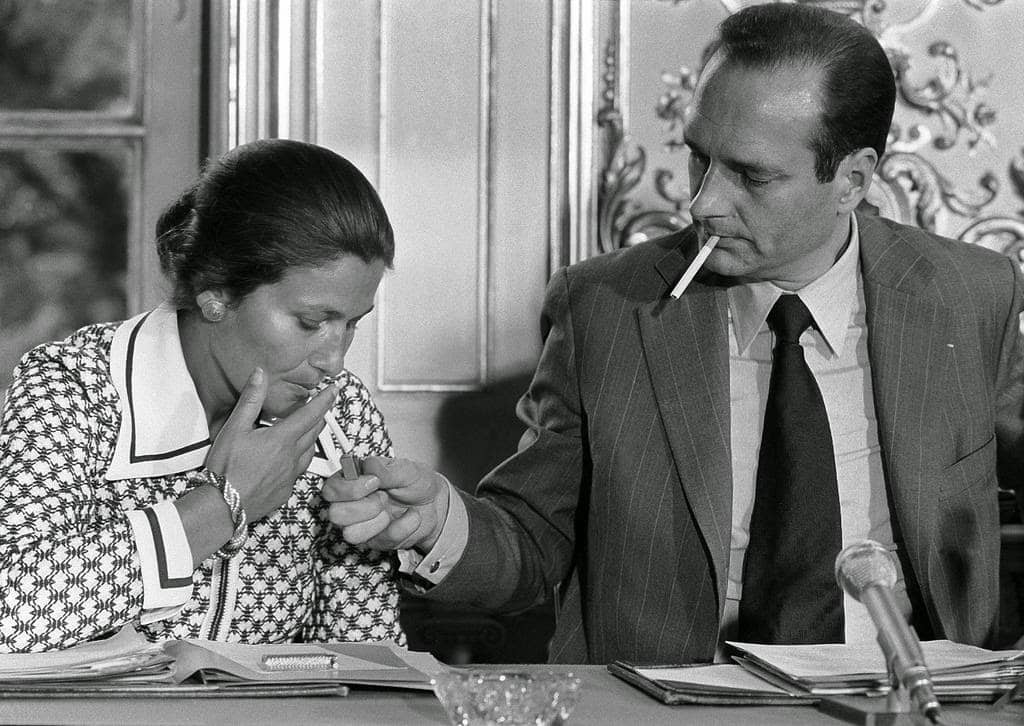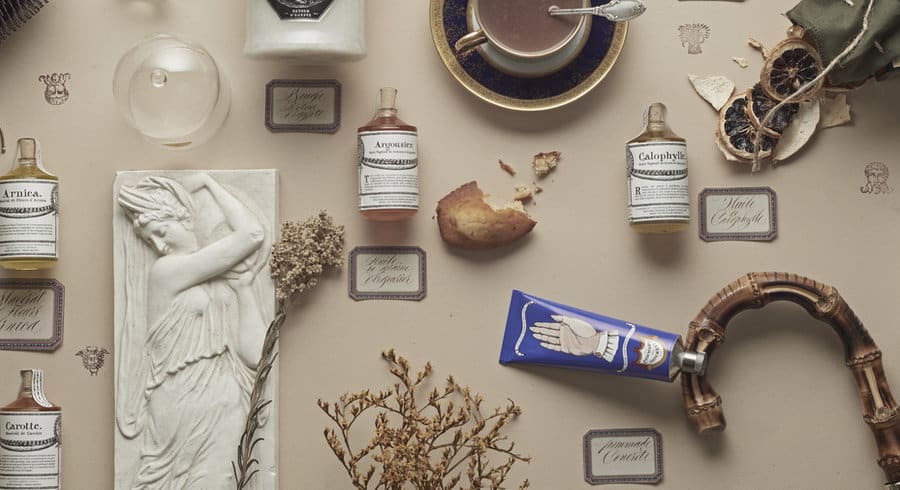While it rarely arises for men in politics, why does the question of dress arise more for women in power ? The dress code has constantly evolved over the years for women who wish to move away from traditional men’s suits and emphasize their femininity.
For centuries, men have been the only ones in power in France, but things have changed, at least on the surface. In June 1936, three women were appointed ministers (or “under-secretaries of state”) in Léon Blum’s Popular Frontgovernment, even though they were, like all women of their time, neither voters nor eligible. On 6 June 2000, the law to promote equal access of women and men to electoral mandates and elective functions was passed.
However, the issue of women’s dress in politics is much more delicate than for their male counterparts. In fact, for several years now, women’s dress in politics has been scrutinised, analysed, dissected and has fuelled debate in the media. This phenomenon has accelerated since the advent of the Internet and social networks.
We remember, for example, the fashionista Rachida Dati, Minister of Justice from 2007 to 2009, who embodied the bling-bling era of President Sarkozy. “A whirlwind of haute couture dresses, pumps and diamonds,” remarks Valérie Domain in her book Total look. A style of dress that had never before been so criticized for a minister.
Voir cette publication sur Instagram
Une publication partagée par Campy French Pop (@campyfrenchpop)
In times of crisis, when the country is experiencing economic difficulties, Rachida Dati was quickly criticized for flaunting her wealth. “In France, external and ostentatious signs of prosperity are not well perceived,” analyses Frédéric Godart, a sociologist and lecturer at Insead in Fontainebleau. Although if you look at the prices of politicians’ suits, many would be very surprised. The norm is sobriety, a return to austerity both economically and in clothing. “Sunglasses, even if they don’t cost much, give a bling-bling effect. What counts is not the reality, but the public perception of it.”
Click here to read the full article on Luxus Plus Magazine.
Featured photo : © Presse








